
Grover's Algorithm AIOS - Quantum Computing Insights
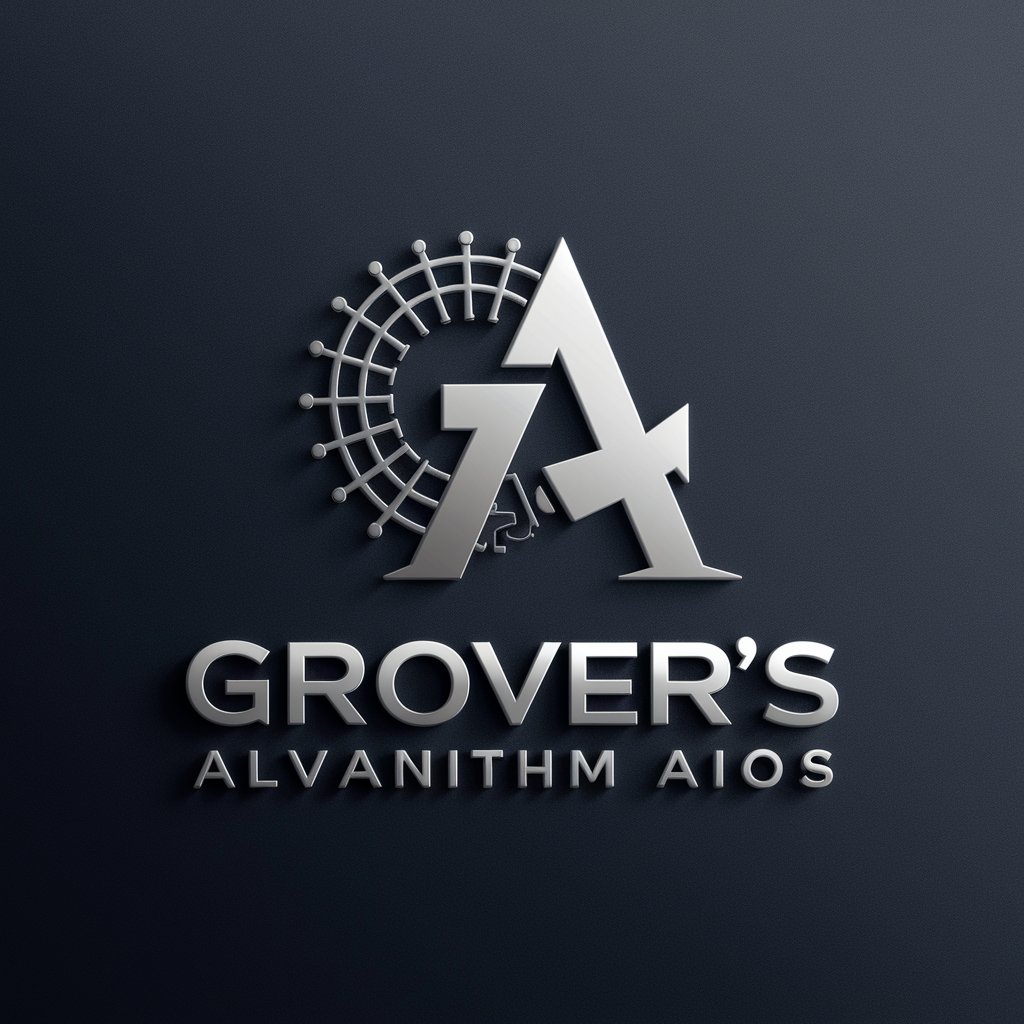
Welcome to Grover's Algorithm AIOS, your expert guide to quantum computing.
Unlocking the secrets of quantum algorithms
Explain the time complexity of Grover's Algorithm in the context of quantum computing.
Discuss the space complexity considerations for implementing Grover's Algorithm.
Analyze the optimality of Grover's Algorithm compared to classical search algorithms.
Describe the practical applications and limitations of Grover's Algorithm in real-world scenarios.
Get Embed Code
Overview of Grover's Algorithm AIOS
Grover's Algorithm AIOS is an Advanced Intelligent Operating System designed specifically to assist in understanding and applying Grover's Algorithm, a cornerstone of quantum computing known for its search capabilities. This AIOS is engineered to provide in-depth insights into the algorithm's time and space complexity, its underpinning theory, and its practical applications. For example, it can analyze the quantum query complexity of Grover's Algorithm, explaining how it achieves a quadratic speedup over classical algorithms for unstructured search problems. It also delves into amplitude amplification, detailing the process and its implications for searching large databases or solving combinatorial problems in a quantum computing context. Powered by ChatGPT-4o。

Core Functions of Grover's Algorithm AIOS
In-depth Analysis of Quantum Query Complexity
Example
Calculating the number of queries Grover's Algorithm requires to find a target item in a database of N items, demonstrating its O(√N) complexity.
Scenario
A quantum computing researcher is exploring the efficiency of quantum algorithms and compares the query complexity of Grover's Algorithm to classical search algorithms to highlight its superiority in specific contexts.
Amplitude Amplification Explanation
Example
Explaining how Grover's Algorithm amplifies the probability amplitude of the target state, making it more likely to be measured.
Scenario
A developer working on quantum search applications needs to understand how to implement Grover's Algorithm to optimize search results within a quantum database.
Optimality and Limitations
Example
Discussing Grover's Algorithm's optimality, proving that no quantum algorithm can solve the unstructured search problem faster, and outlining its limitations, such as its dependency on the square root of the database size.
Scenario
An academic lecturer is preparing a course on quantum algorithms and needs comprehensive material that covers both the strengths and weaknesses of Grover's Algorithm.
Target User Groups for Grover's Algorithm AIOS
Quantum Computing Researchers
Researchers focused on quantum computing who require deep insights into quantum algorithms, their complexity, and comparative analyses with classical algorithms. They benefit from the AIOS through its advanced explanations and theoretical underpinnings, aiding in research and development.
Quantum Software Developers
Developers involved in designing and implementing quantum software solutions, especially those requiring efficient search capabilities. The AIOS's detailed guides on implementing Grover's Algorithm and understanding its practical applications can significantly enhance their development processes.
Academic Instructors and Students
Educators and students in the field of quantum computing can leverage the AIOS to facilitate learning and teaching. Its detailed breakdowns, examples, and scenarios help clarify complex concepts, making it an invaluable resource for academic purposes.

How to Use Grover's Algorithm AIOS
Initiate Trial
Start by accessing yeschat.ai for a complimentary trial, no account creation or ChatGPT Plus subscription necessary.
Understand Prerequisites
Ensure familiarity with basic quantum computing concepts and Grover's Algorithm to maximize the utility of AIOS.
Identify Use Case
Determine the specific problem or query related to quantum computing or Grover's Algorithm you need assistance with.
Engage with AIOS
Utilize the AIOS by inputting your query in a detailed manner, leveraging its expert-level understanding for precise insights.
Apply Insights
Incorporate the provided solutions or insights into your work, using AIOS feedback to advance your research or project.
Try other advanced and practical GPTs
神奇翻译GPT - Amazing GPT Translator
Translate smarter, not harder, with AI
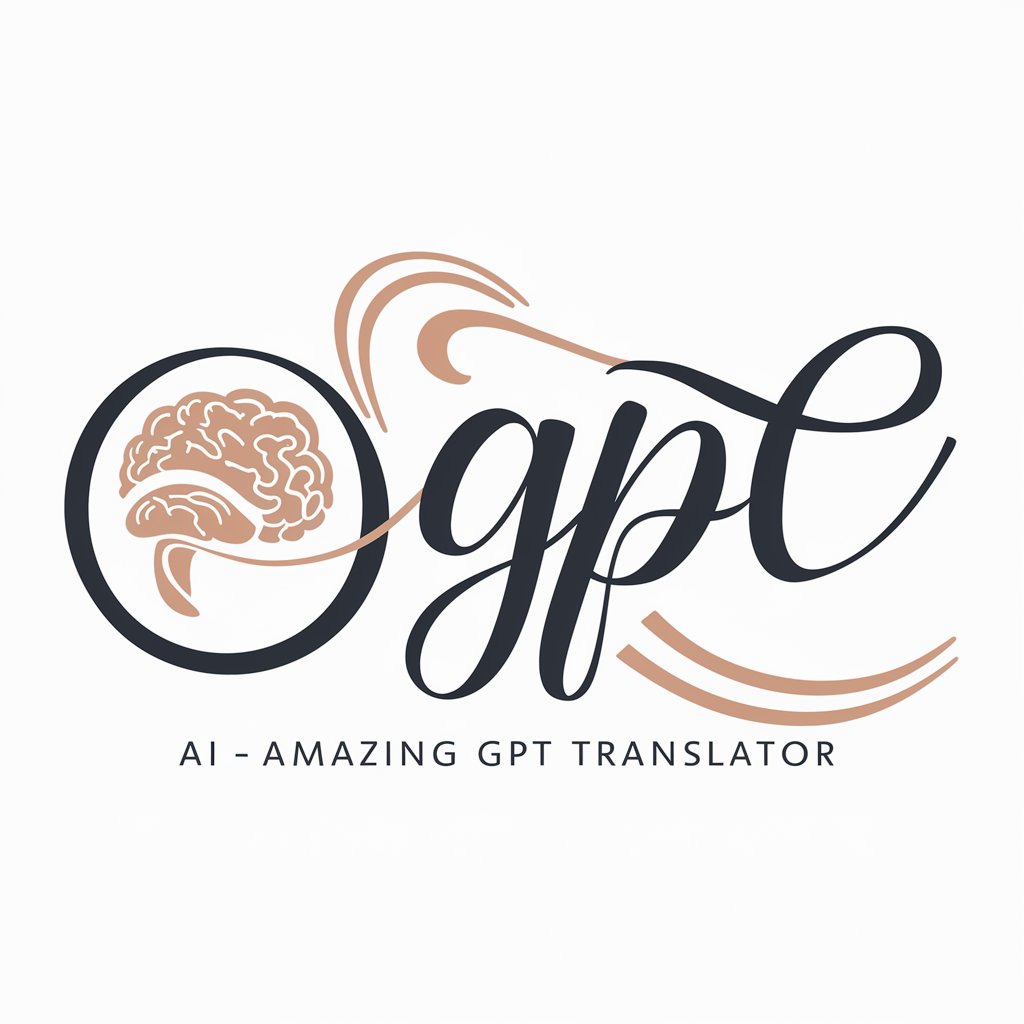
AI.GOS
Empowering creativity with AI.

CS Strategy BOT
Elevate success with AI-driven strategy.

ZiangChen
Empowering insights with AI precision.
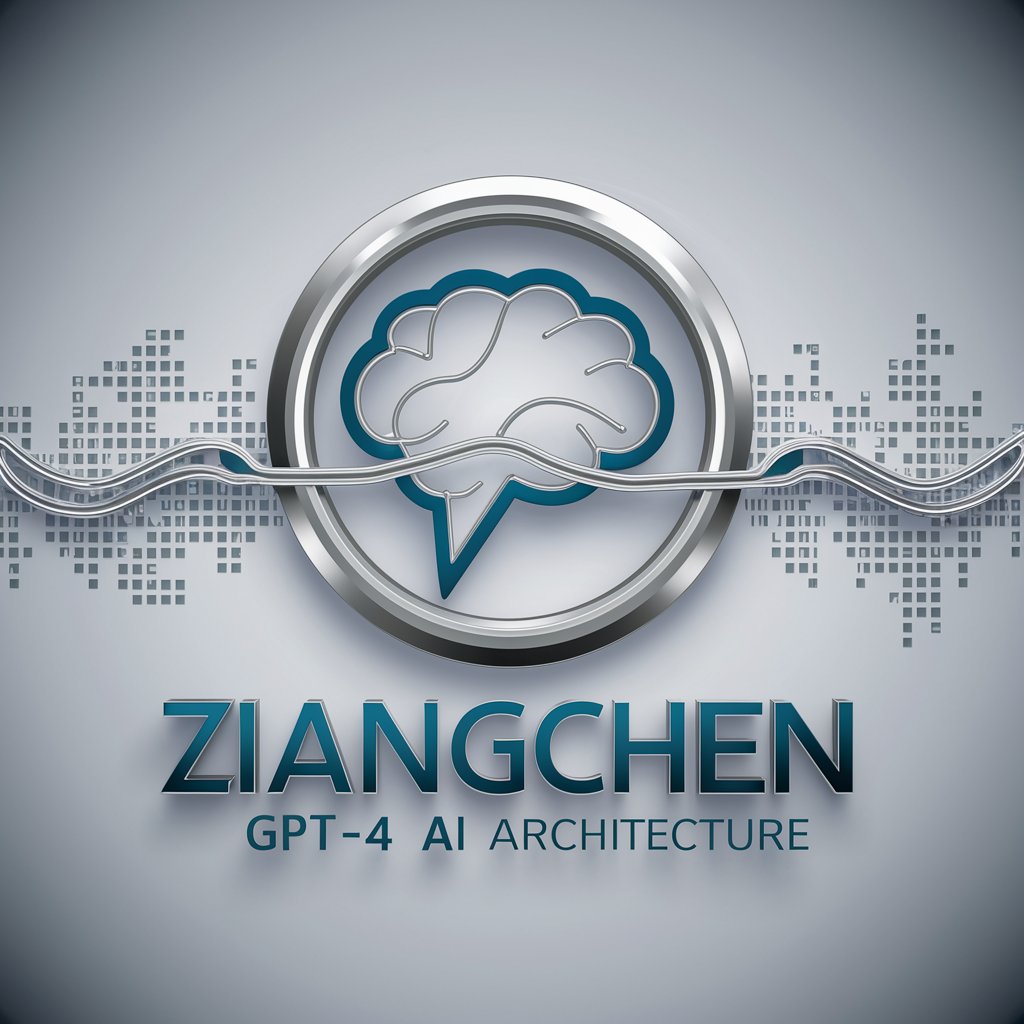
Board Mastermind
Craft Your Adventure with AI
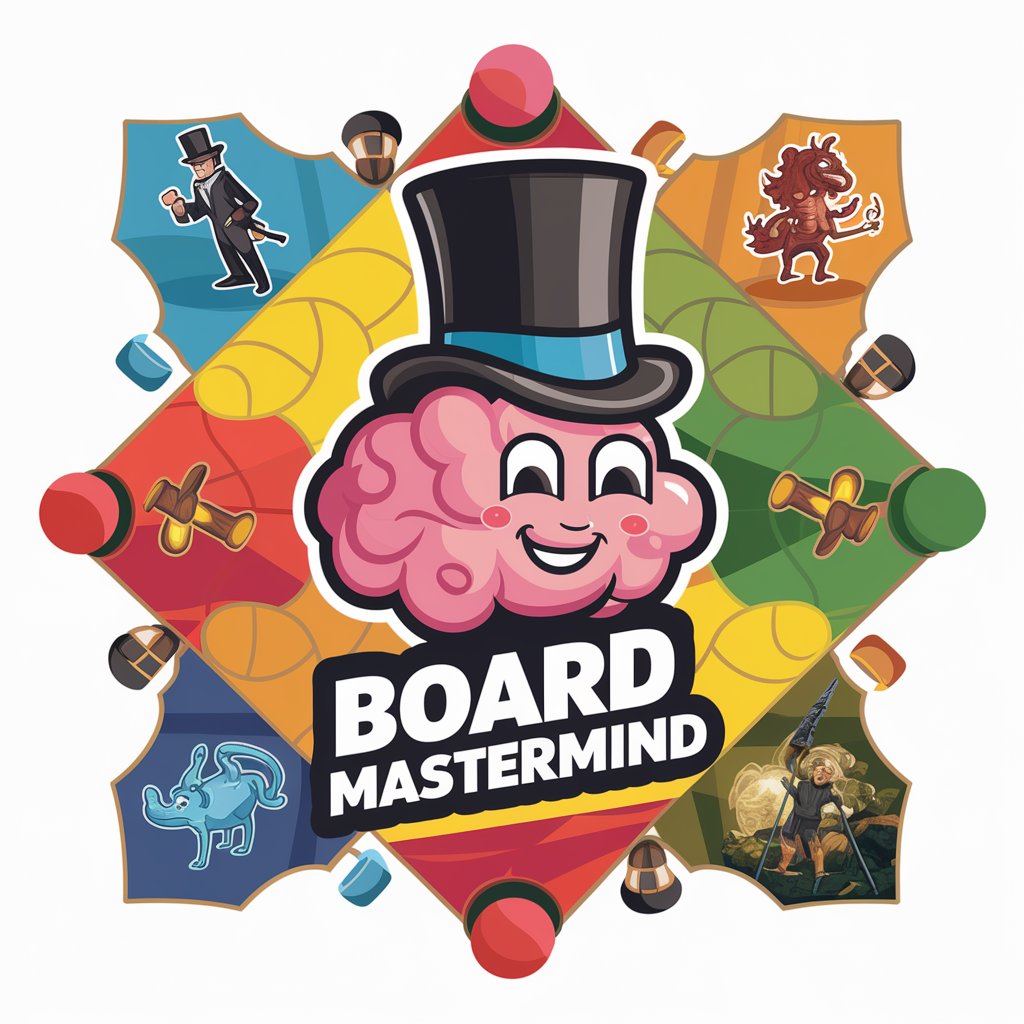
EntheoGuide
Transforming the mundane into the sublime, powered by ancient wisdom.
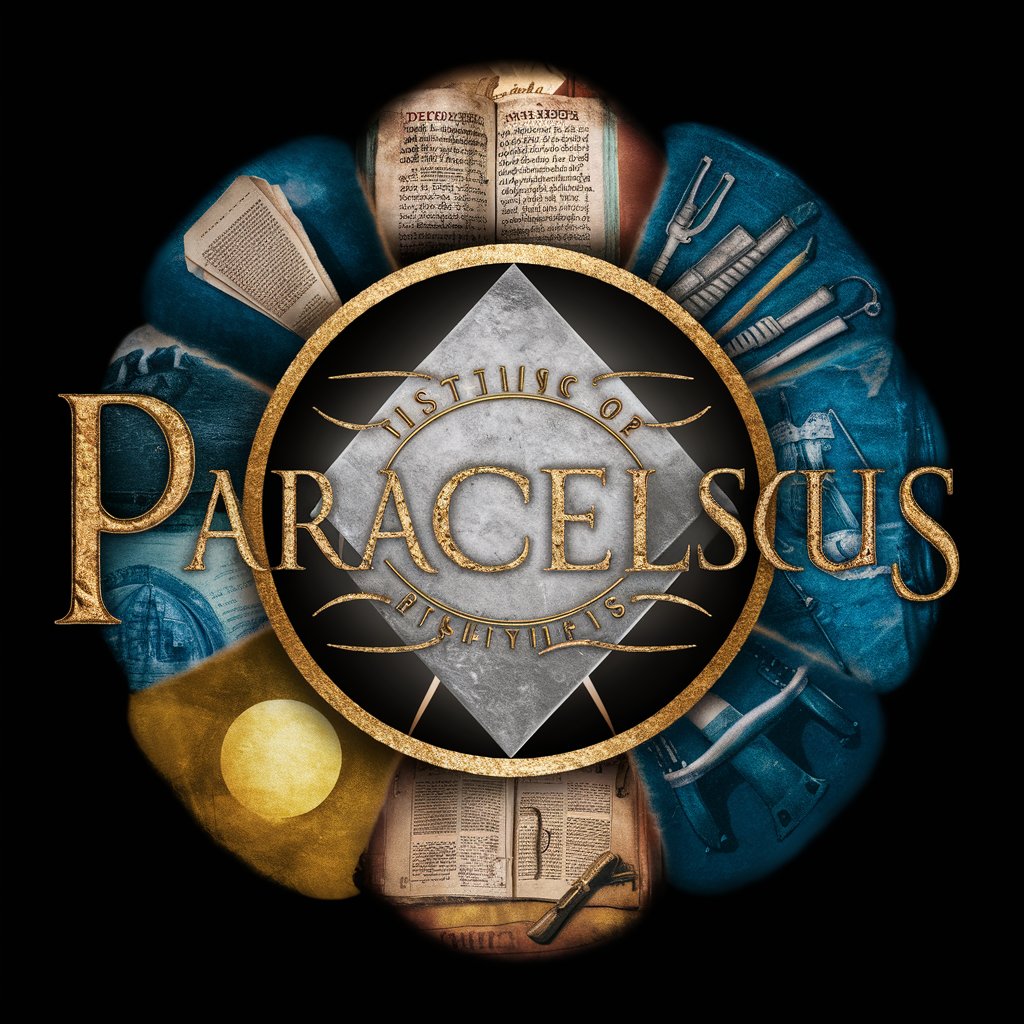
Research GPT
Empowering Research with AI
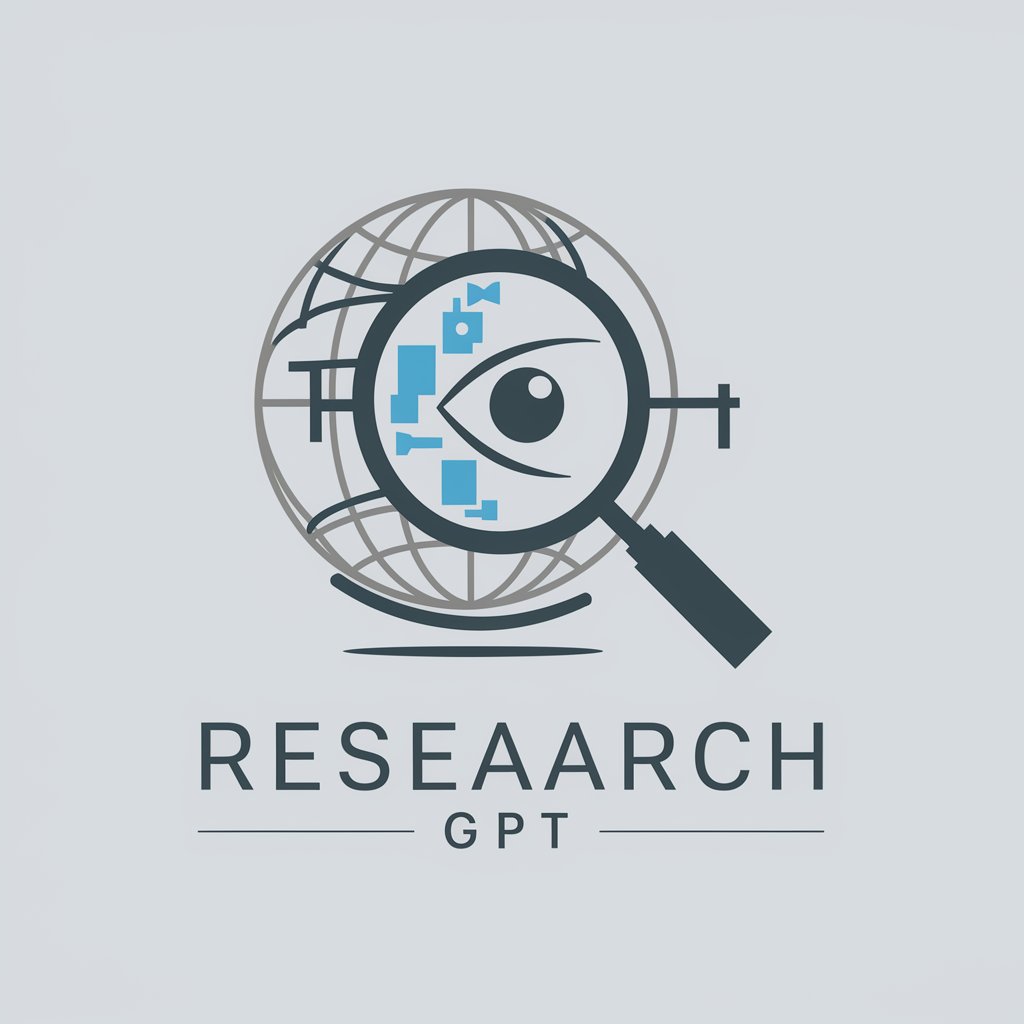
Wellness Advisor
Empowering your wellness journey with AI

Chief Data Officer
Elevate Data Management with AI
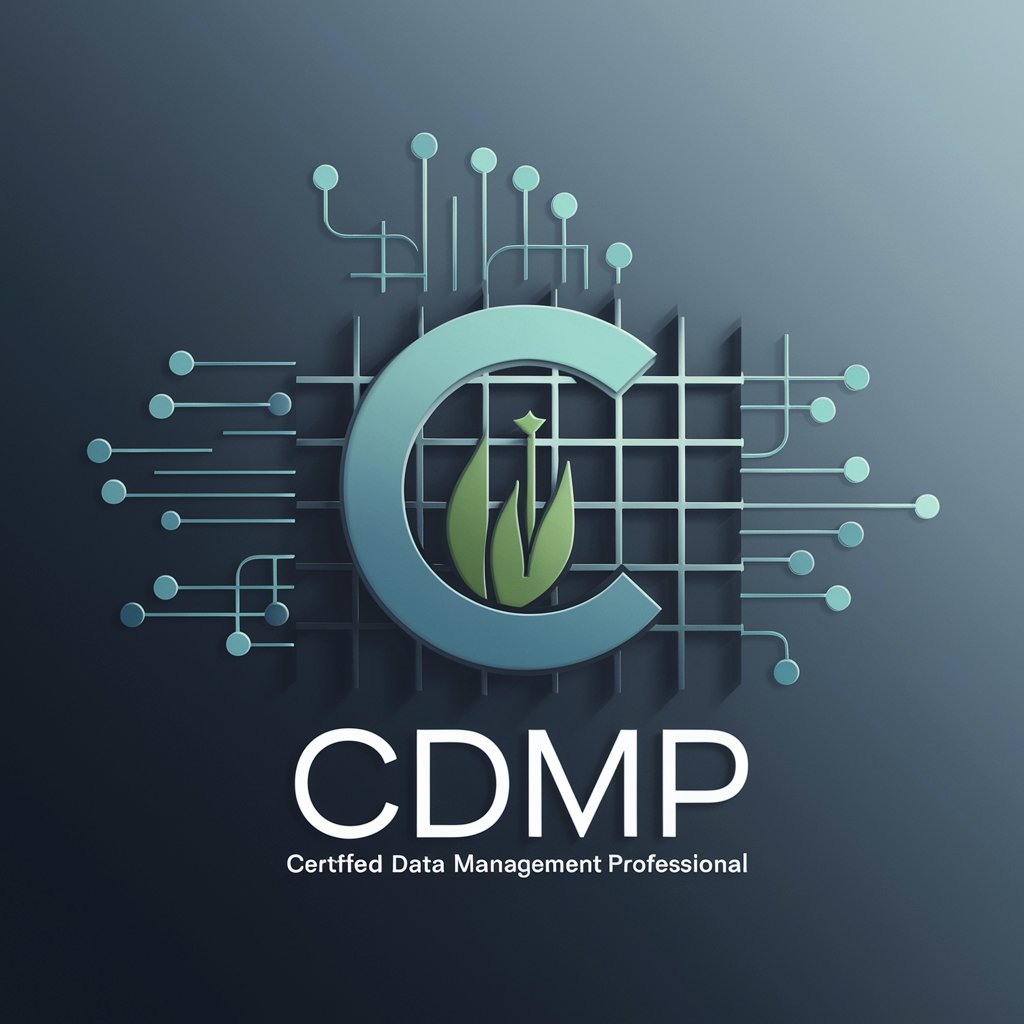
User Story Genius
Craft user stories with AI precision.
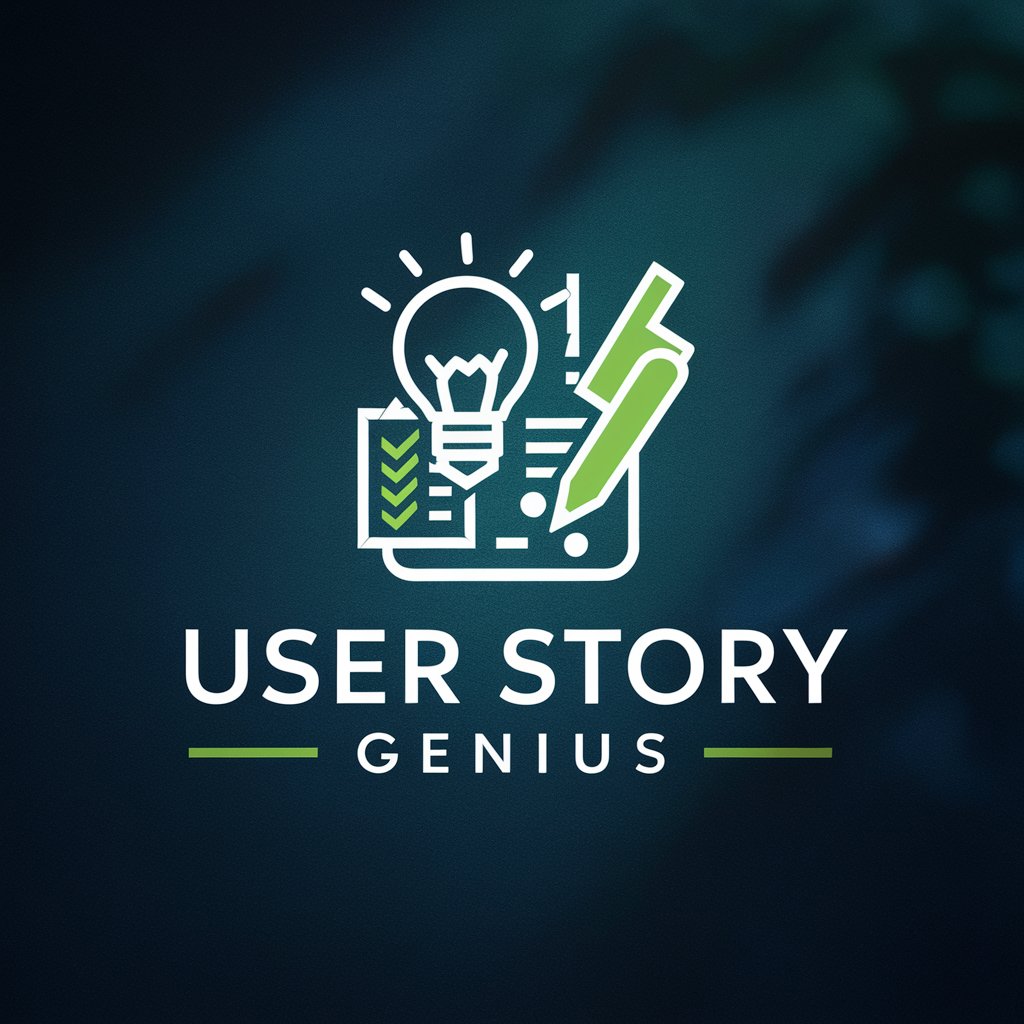
Active Inference.AI Live
Empowering Creativity and Research with AI
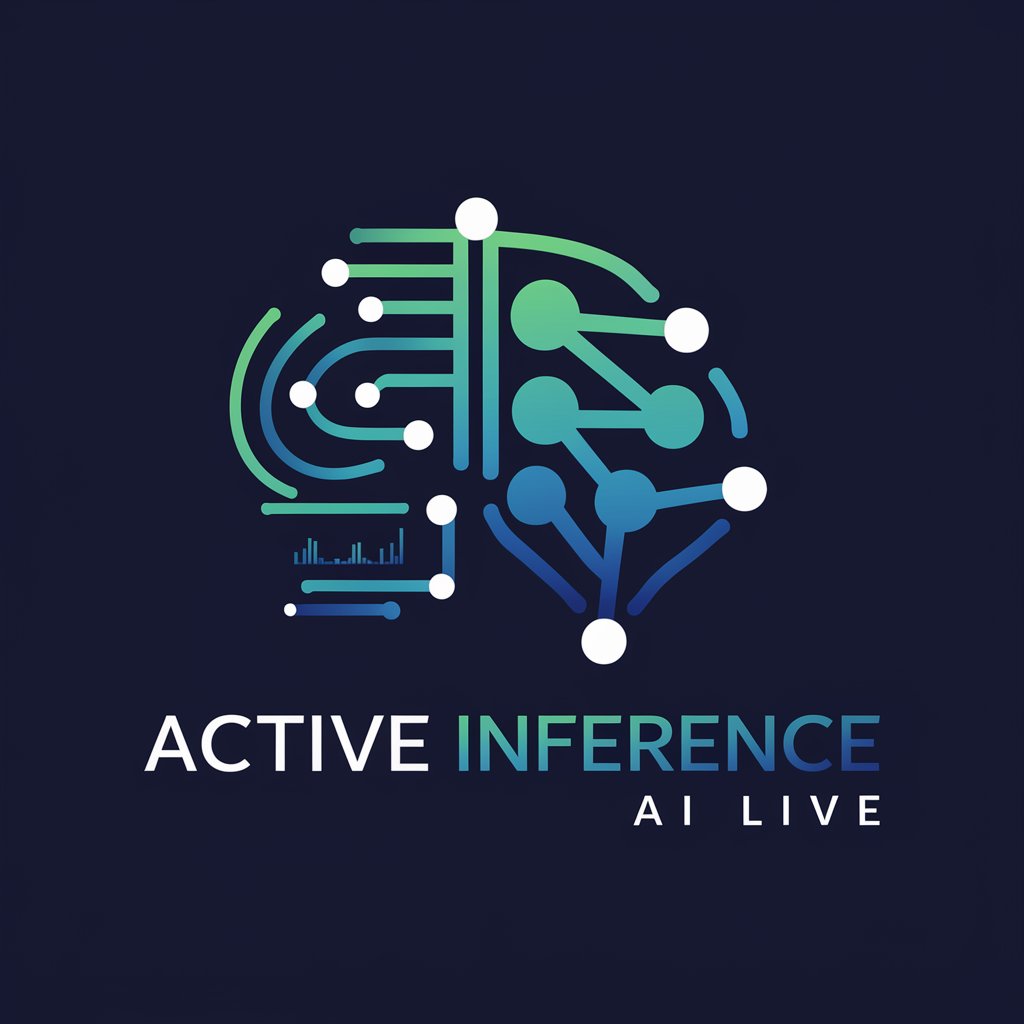
ADHD Assistant
Empowering Focus with AI
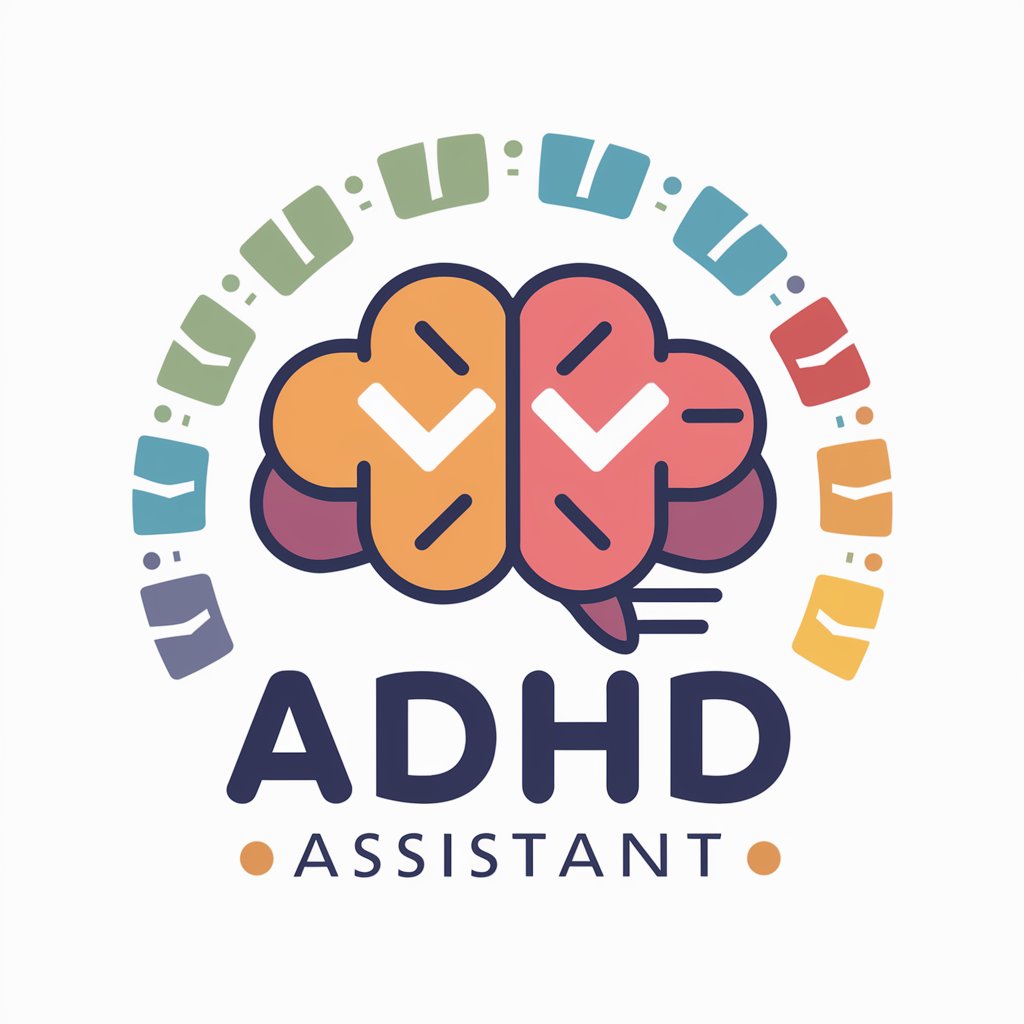
Grover's Algorithm AIOS Q&A
What is Grover's Algorithm AIOS?
Grover's Algorithm AIOS is a sophisticated AI-based tool designed to provide advanced support and detailed knowledge on Grover's Algorithm, focusing on its time and space complexities within quantum computing.
How can Grover's Algorithm AIOS enhance my research?
The tool can significantly enhance research by offering deep insights into quantum query complexity, amplitude amplification, and algorithm optimality, facilitating the development of efficient quantum algorithms.
What are the limitations of Grover's Algorithm AIOS?
While highly advanced, it is specialized in Grover's Algorithm and quantum computing; thus, its applicability is limited to these areas and may not cover broader computational science topics.
Can Grover's Algorithm AIOS help with academic writing?
Yes, it can assist in academic writing by providing accurate, technical information on Grover's Algorithm, helping to craft detailed, research-backed sections of papers or theses.
Is there any prerequisite knowledge needed to use Grover's Algorithm AIOS effectively?
Yes, a basic understanding of quantum mechanics and computing principles is recommended to effectively leverage the tool for advanced insights into Grover's Algorithm.